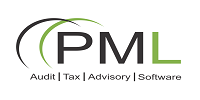For many businesses, outsourcing of payroll services is a valuable alternative to in-house processing. When chosen correctly, payroll services provide a less expensive and simpler means of paying employees, tax filing, and performing a host of other payroll related duties. However, ... Read More


